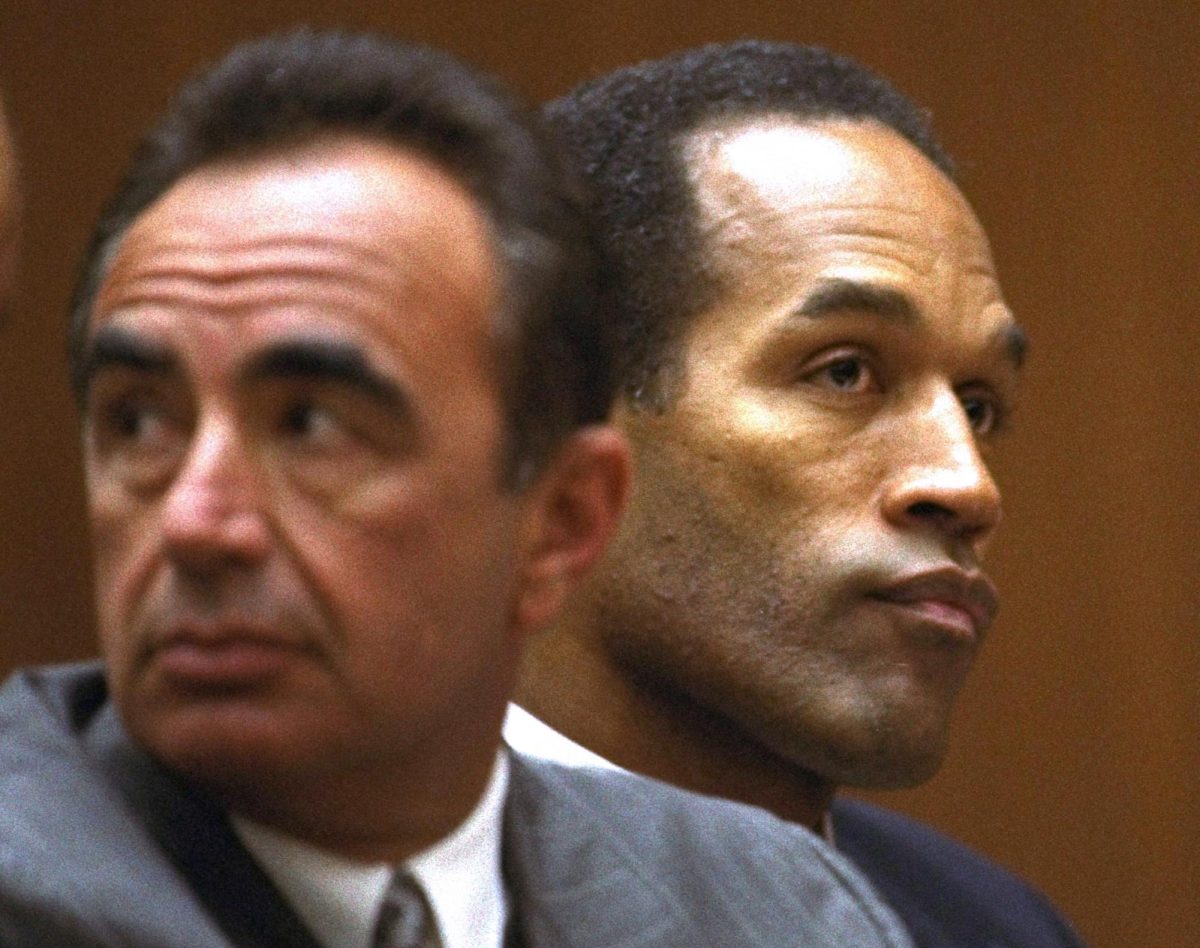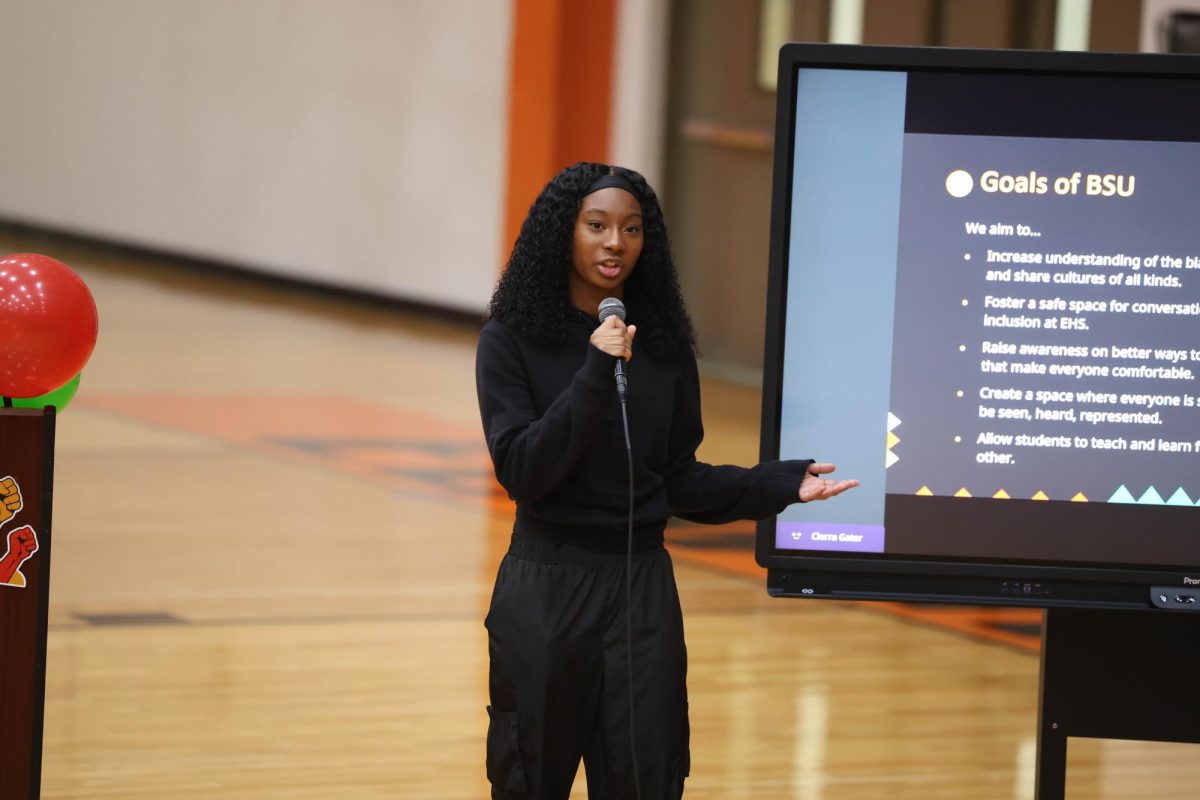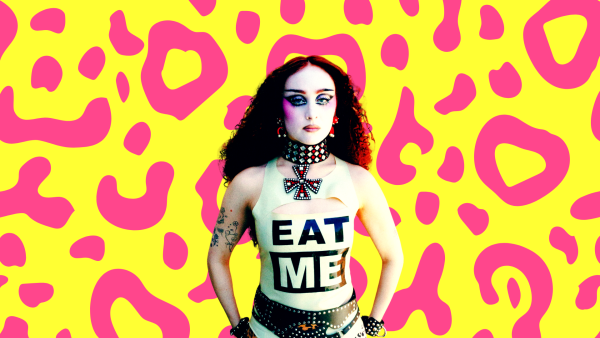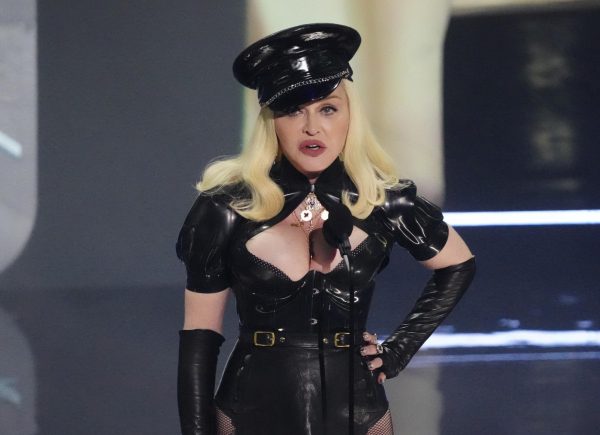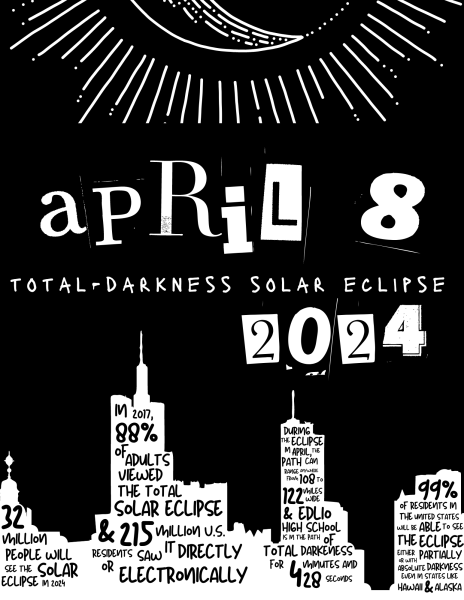A Literal Doll’s House: Your Phone Screen
August 31, 2017
It runs rampant in music videos: a woman barely dressed. It is evident in films: a woman visible only for her lack of clothes. It even permeates television: a woman known for her body alone.
But is this bad? Are we entering and embracing a new age of body positivity where the word sexuality is not taboo? Or have we simply made it easier for women to be objectified?
According to Julia T. Wood, professor in the Communications Department at University of North Carolina at Chapel Hill, the dawn of media has simply reinforced stereotypes of idealized women.
“Just as consistent with cultural views of gender are depictions of women as sex objects who are usually young, thin, beautiful, passive, dependent, and often incompetent and dumb,” she said. “Female characters devote their primary energies to improving their appearances and taking care of homes and people.”
Wood also elaborated on the role of women in news, stating that they are expected to be younger, more attractive, and less outspoken than their male counterparts.
But journalists aren’t the only ones who are kept from being more than a pretty face.
Wood referenced Mattel’s 1992 Barbie, which echoed phrases like “Math class is tough,” discouraging young women from entering into STEM fields. For many, Barbie is often considered a standard for female beauty. If one is competent in STEM, how can she possibly embody similar beauty standards?
The brainwashing starts early. Rachel Simmons of Time Magazine likened social media to a toxic mirror of unrealistic hopes of body image.
Despite the wealth of information on the internet (and even in social media), it’s still failing young girls. “If the Internet has been called a great democratizer, perhaps what social media has done is let anyone enter the beauty pageant,” Simmons said.
Places like Instagram are no longer used to validate one’s friends. Now, it is full of advertisements, profiting off of various beauty and style products.
And thus, the stage is set. Girls have access to the images of Barbie beauty, the technology to alter their photos and the products to doll themselves up. Pun intended.
Senior Zoe Kienstra thinks the media has adverse effects on the female population: it taints the way women see themselves and how others see them.
“I think that in our society desired beauty is a constantly changing form and women in media are usually that one popular body type,” she said. “I think we should have more diversity with women in media. Every single girl has thought ‘my body isn’t perfect’ and has some form of self-loathing. This absolutely needs to be changed.”
Kienstra believes women should be admired for more than their looks.
“Women’s bodies are incredibly hyper-sexualized,” she said. “I remember getting cat-called as early as 12-years-old. Every day I see women do incredible things…and men only (comment) on their bodies.”
Still, if women want to “normalize” their bodies, they should, Kienstra said. “Feminism is often confused with women trying to be superior to men, but feminism is all about equality: a movement to give men and women equal pay, equal opportunities and more.”






